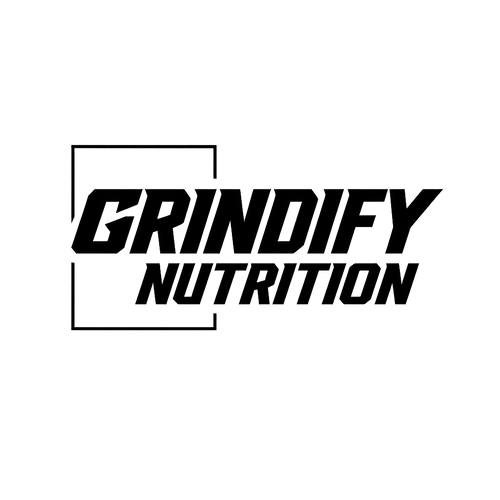🏋️♂️ Should You Lift Weights Fasted or Fed? Here’s What Science Says
If you’ve ever wondered whether training on an empty stomach gives you an edge—or holds you back—you’re not alone. Fasted weightlifting has become a go-to for early risers, fat loss chasers, and intermittent fasters. But does fasted training impact your gains compared to eating beforehand?
👉 Based on clinical research, both fasted and fed lifting can build muscle effectively. But there are some important differences when it comes to strength, energy levels, and how you recover. Here’s everything natural lifters need to know.
✅ FAQ: Fasted vs. Fed Training
Q: Does fasted weightlifting burn more fat?
A: You may burn slightly more fat during the session, but total fat loss over time is the same—what matters most is your calorie balance and recovery.
Q: Will fasted training hurt my strength gains?
A: Possibly. Some studies suggest fed lifters gain more 1RM strength in compound lifts like squats and deadlifts.
Q: Is it safe to lift weights fasted?
A: Yes, if you’re hydrated and properly fueled from the day before. But energy levels may dip in long or intense sessions.
Q: What supplements help if I train fasted?
A: Try adding BCAAs or EAAs, electrolytes, and creatine pre-workout to support performance and recovery without breaking your fast.
🧪 What the Research Says
Study #1 – Vieira et al., 2025 (Int J Sport Nutr Exerc Metab)
12-week randomized trial comparing fasted vs. fed resistance training in trained men.
Findings:
- Both groups gained similar amounts of muscle and strength
- Muscle thickness and power improved identically across both groups
✅ Conclusion: Fasted training is just as effective as fed for building muscle if total training volume and protein intake are matched.
Study #2 – Ramadan-Based Training
During Ramadan, researchers studied lifters training fasted vs. fed after sunset.
Findings:
- Strength gains were greater in the fed group, especially for compound lifts
- Body composition changes were the same
✅ Conclusion: If your goal is to maximize strength, eat first. But for muscle maintenance and fat loss, fasted lifting holds up.
Study #3 – Trabelsi et al., 2013 (JISSN)
Tested resistance training fasted vs. fed during Ramadan.
Findings:
No major difference in lean body mass
- Fasted group performed slightly worse on heavy lifts
✅ Conclusion: Fed training may feel easier, but both approaches grow muscle just fine.
🔑 Key Takeaways
- Muscle Growth: Equal in fasted and fed states
- Strength Gains: Slight edge to fed training, especially with compounds
- Fat Loss: Not impacted by fasted or fed status long-term
- Energy & Recovery: Easier when fed—fasted lifters should use intra-workout support
🧠 Tips for Natural Lifters
✔️ Train fasted? Use BCAAs, electrolytes, and 3–5g creatine pre-workout
✔️ Train fed? Eat 30–60 minutes before lifting—aim for protein + carbs
✔️ Hydrate well—just 2% dehydration hurts recovery (ACSM, 2016)
✔️ Keep sessions shorter (<75 mins) if fasted to preserve energy
✔️ Always prioritize total weekly volume and recovery over timing
💥 Supplements to Optimize Fasted Training
At Grindify Nutrition, we’ve built every product with natural lifters in mind. Here’s what we recommend:
- Savage Mode Pre-Workout – clean energy for AM lifts
- BCAA Powder – supports MPS and recovery while fasted
- Electrolyte Powder – hydration boost without added calories
- Creatine Monohydrate – essential whether you train fasted or fed
👉 Shop Now: GrindifyNutrition.com
📲 Follow us on Instagram @GrindifyArchive for more no-fluff science & gym tips

